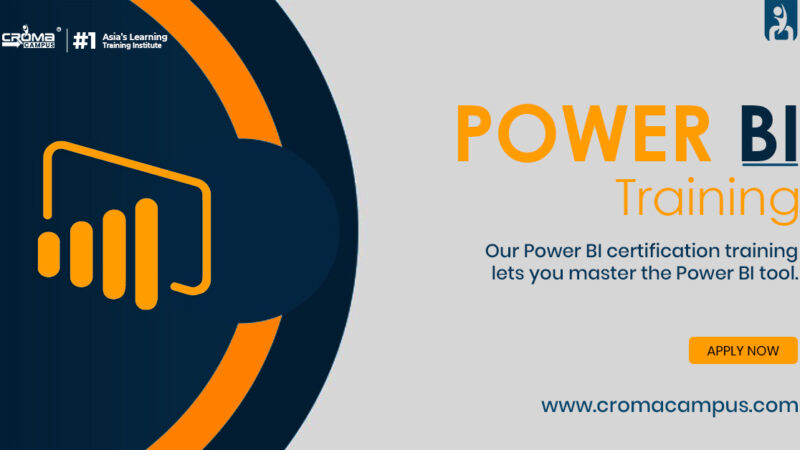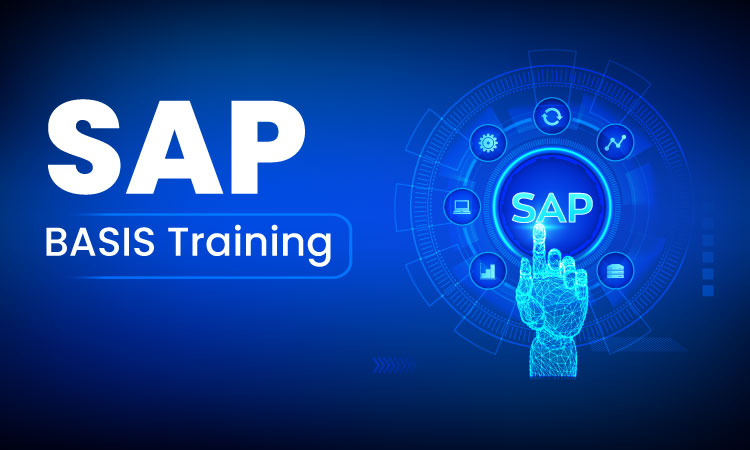What are Salesforce Admin Responsibilities and Roles

Table of Contents
- 1 Introduction
- 2 15 Essential Roles Of Salesforce Administrators
- 2.1 User Management
- 2.2 Data Maintenance
- 2.3 Customization
- 2.4 Workflow Automation
- 2.5 Reports And Dashboards
- 2.6 Security Management
- 2.7 Integration
- 2.8 AppExchange Management
- 2.9 Training And Support
- 2.10 Compliance And Governance
- 2.11 Performance Optimization
- 2.12 Release Management
- 2.13 Documentation
- 2.14 Collaboration
- 2.15 Problem-Solving
- 3 Conclusion
Introduction
Salesforce Administrator Certification is a prestigious accreditation offered by Salesforce, the leading customer relationship management (CRM) platform. This certification validates an individual’s expertise in managing and optimizing Salesforce environments. It covers a wide range of skills, including user management, data maintenance, customization, automation, and security. Obtaining the Salesforce Admin Certification demonstrates one’s ability to effectively configure and maintain Salesforce to meet organizational needs. It is highly valued by employers and opens doors to numerous career opportunities.
This content explains the roles and responsibilities of the Salesforce administrators. Keep reading this section to know more.
15 Essential Roles Of Salesforce Administrators
A Salesforce Administrator plays a crucial role in managing and maintaining a Salesforce environment to ensure its optimal functionality and support the organization’s business processes. Their responsibilities are diverse and encompass a wide range of tasks, making them an integral part of any company’s customer relationship management (CRM) system. In this article, we will explore the roles and responsibilities of a Salesforce Administrator in detail.
User Management
Salesforce Administrators are responsible for creating, modifying, and deactivating user accounts. They control user access, set permission levels, and ensure that the right people have the appropriate access to data and features within the Salesforce platform.
Data Maintenance
Administrators oversee data quality and integrity. They establish data standards, perform data cleansing, and implement data validation rules. This ensures that the data within Salesforce remains accurate and reliable.
Customization
Customization is a significant part of a Salesforce Administrator’s role. They tailor Salesforce to meet the specific needs of their organization by creating custom fields, objects, workflows, and automation.
Workflow Automation
Administrators set up and manage workflows, process builders, and automation tools to streamline business processes and reduce manual data entry and repetitive tasks.
Reports And Dashboards
Moreover, the Salesforce Administrators create and maintain reports and dashboards to provide insights into sales, marketing, and other business activities. They help in decision-making by ensuring that relevant data is readily available to users.
Security Management
Administrators are responsible for maintaining the security of data in Salesforce. They configure security settings, implement role-based access control, and keep an eye on potential security risks.
Integration
Additionally, Administrators integrate Salesforce with other software applications and services to ensure data flows seamlessly between systems. This may involve using tools like Salesforce Connect or third-party integrations.
AppExchange Management
Furthermore, these professionals evaluate, install, and manage third-party applications from the Salesforce AppExchange. Additionally, they extend the functionality of Salesforce and meet specific business requirements.
Training And Support
Administrators provide training and support to users, helping them understand how to use Salesforce effectively. They also address user inquiries and issues, offering guidance and solutions.
Compliance And Governance
Salesforce Administrators ensure that the organization complies with relevant data privacy and security regulations, such as GDPR or HIPAA. They also oversee data archiving and retention policies.
Performance Optimization
In addition, Salesforce Admins monitor and optimize the performance of Salesforce. This is done by identifying and resolving issues, fine-tuning configurations, and ensuring that the system operates efficiently.
Release Management
Moreover, Salesforce Administrators are responsible for managing Salesforce releases and updates. They test new features and changes to ensure they work smoothly with existing configurations.
Documentation
Keeping comprehensive documentation of the Salesforce setup and configurations is a vital part of their role. This documentation helps in knowledge sharing and troubleshooting.
Collaboration
Furthermore, Salesforce Administrators collaborate with various teams, including sales, marketing, and IT teams. This helps them understand their needs and align Salesforce with the organization’s objectives.
Problem-Solving
Additionally, Salesforce Administrators troubleshoot issues. Moreover, they provide timely solutions to various problems related to Salesforce functionality or integration.
Conclusion
The roles and responsibilities of a Salesforce Administrator are multifaceted. These roles range from managing user access and data quality to customization, automation, and ensuring compliance. The Salesforce Admin Online Course trains aspiring professionals in handling various aspects within a Salesforce environment. The admins play a pivotal role in optimizing the Salesforce platform to support the organization’s CRM needs and drive efficiency in various business processes. Salesforce Administrator Certification Cost is an asset to any company, contributing to the success of its CRM implementation. Salesforce Administrator Certification is a prestigious accreditation offered by Salesforce, the leading customer relationship management (CRM) platform. This certification validates an individual’s expertise in managing and optimizing Salesforce environments.





